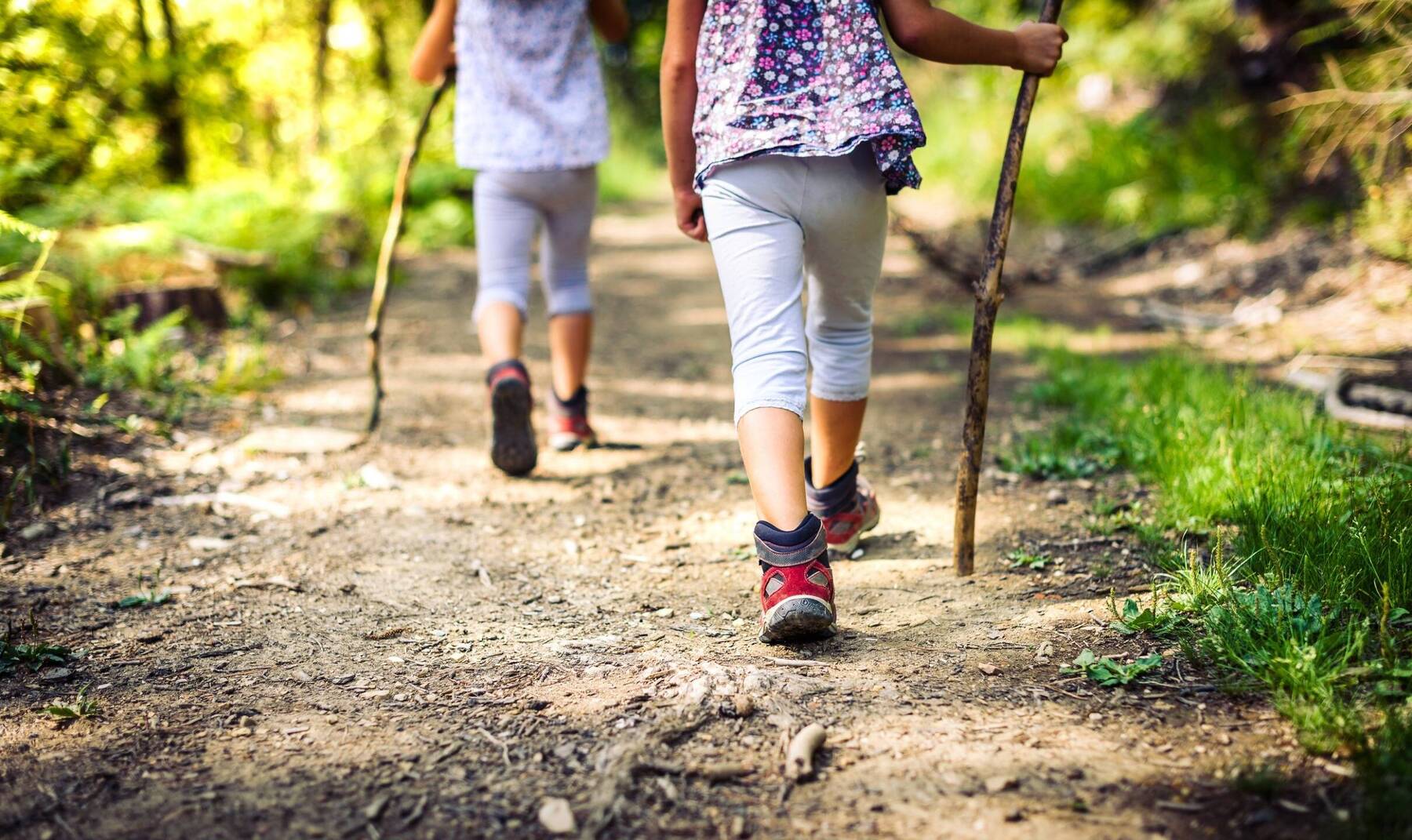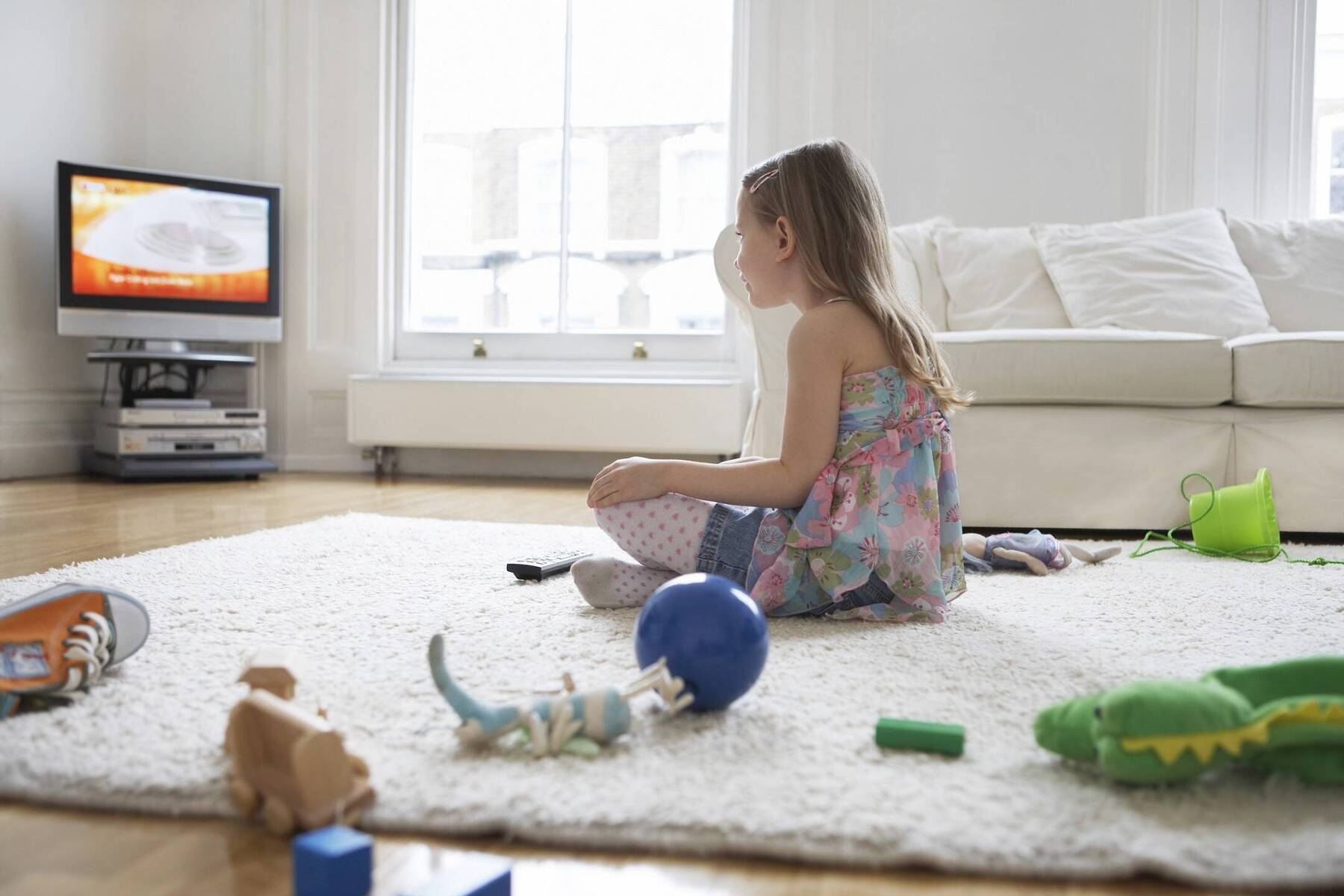Create a work from home window
This is new territory; employers must accept that the service workers provide may change if it’s conducted from home. Brits won’t forget the hilarious moment American academic Robert Kelly was interviewed by BBC World News about Korea, when his four-year-old daughter swaggered into the room, followed by his son, in a baby walker.
If you’re juggling kids and work, there needs to be rules about ‘Mummy or Daddy’s work time’, especially if it involves liaising with colleagues on the phone or via video calls. This depends on your physical set-up, but ideally you need quieter areas in which to work, and a deal brokered with your children about respecting boundaries and ‘work windows’. There can be rewards for everyone if the house rules are adhered to.
The TV babysitter will probably be required; this may involve Disney re-runs, a daily kids’ ‘film time’, or scheduled educational resources on TV or online. Naturally, it probably works best to keep these windows ‘little and often’, rather than whole chunks of time.
















Comments